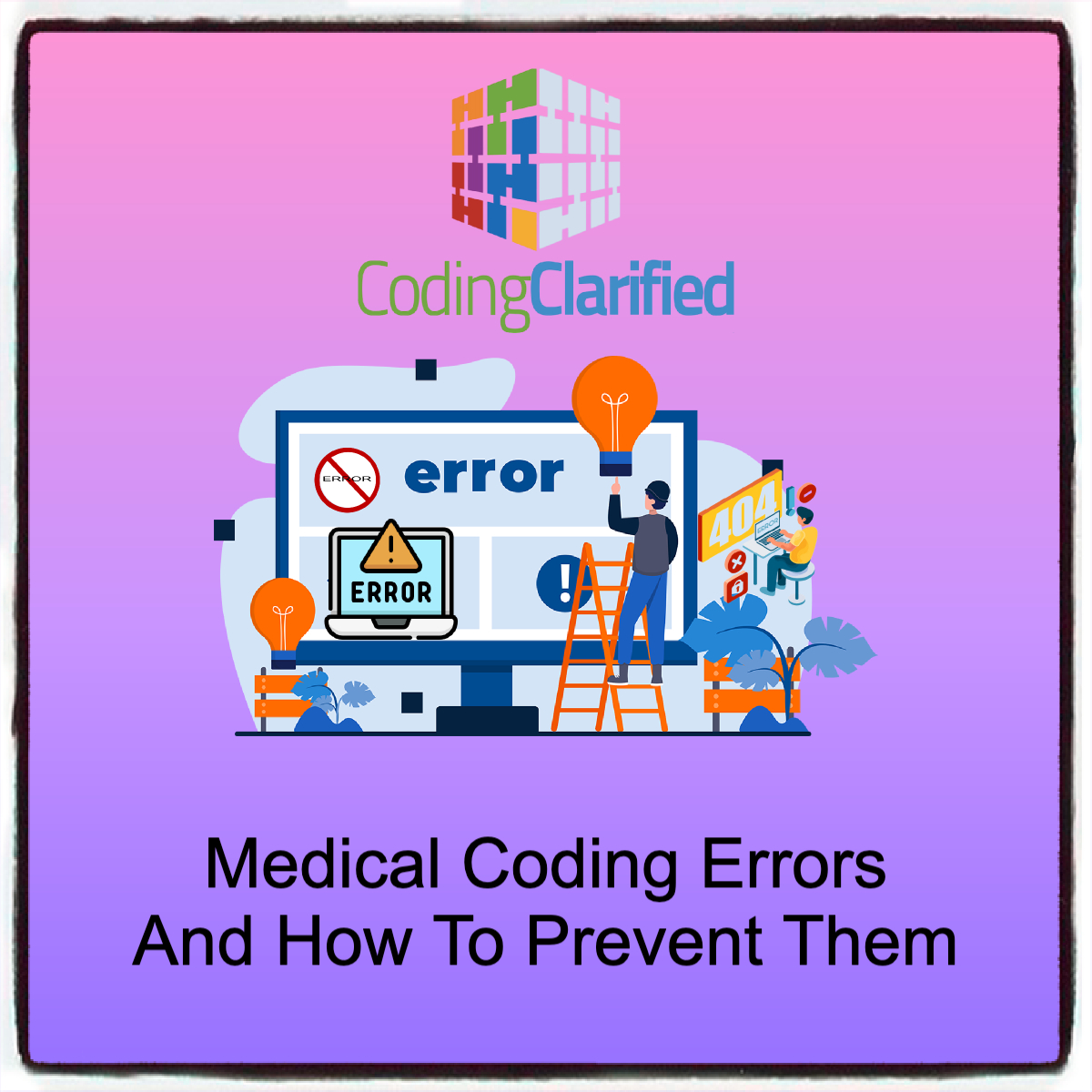The High Cost of Errors in Medical Coding and Billing – and How to Prevent Them
Medical coding and billing are the financial backbone of healthcare systems, ensuring providers are reimbursed accurately for their services. But even minor errors in this process can lead to costly consequences—from denied claims and compliance violations to lost revenue and patient dissatisfaction. Learning about common medical coding errors and how to prevent them will help you be more efficient and productive.
The Real Price of Medical Billing Errors
Errors in coding and billing aren’t just clerical hiccups—they can have a significant financial and legal impact.
Revenue Loss
Coding errors can result in claim denials or underpayments. According to the Medical Group Management Association (MGMA), the average cost to rework a denied claim is about $25. Multiply that by hundreds or thousands of denied claims, and the costs add up fast.
Compliance Risks
Incorrect codes can trigger audits and fines. The Office of Inspector General (OIG) regularly flags improper billing practices. If providers are found guilty of fraud—even if accidental—the penalties can be steep, sometimes exceeding hundreds of thousands of dollars.
Medical Coding Bundling and Upcoding https://codingclarified.com/medical-coding-bundling-and-upcoding-guidelines/
Delayed Payments
Even simple mistakes like missing modifiers or outdated codes can delay reimbursements by weeks or months, affecting cash flow and operational efficiency.
Medical Coding and Billing Denials https://codingclarified.com/medical-coding-and-billing-denials/
Patient Dissatisfaction
Billing errors that lead to surprise charges or incorrect patient balances can severely damage trust and lead to poor patient retention.
Common Causes of Coding and Billing Errors
-
Use of outdated coding systems (e.g., incorrect ICD-10 or CPT codes)
-
Lack of proper documentation
-
Incorrect bundling or unbundling of procedures
-
Inadequate training of staff
-
Manual data entry mistakes
-
Failure to verify insurance details
How to Prevent Coding and Billing Errors
Preventing errors starts with a proactive, systems-based approach. Here’s how healthcare providers can reduce risk:
Invest in Ongoing Training
Regular training ensures coders stay updated on changing regulations and coding guidelines. Certified Professional Coders (CPCs) should maintain continuing education to stay current.
Maintaining your CPC credential with CEU https://codingclarified.com/maintaining-your-cpc-credential-with-ceu/
Maintaining AAPC CPC Certification with CEU’s https://codingclarified.com/ceus/
Medical Coders & Auditors: Grow Your Expertise with Free CEUs for AAPC & AHIMA https://yes-himconsulting.com/medical-coders-auditors-grow-your-expertise-with-free-ceus-for-aapc-ahima/
Leverage Technology
Use electronic health record (EHR) systems and coding software that flag discrepancies in real-time. Some platforms even offer AI-powered assistance to suggest proper codes based on documentation.
Implement Internal Audits
Routine internal audits help catch patterns of errors and highlight areas for improvement before external auditors step in.
Hire or Outsource Certified Coders
Certified coders are trained to minimize errors and stay compliant with federal guidelines. Outsourcing to reputable medical billing companies can also reduce administrative burden.
Improve Clinical Documentation
Clinicians must provide thorough, clear documentation. Coding professionals can only code what’s documented—if it’s vague or incomplete, errors are more likely.
Verify Insurance and Patient Details Upfront
Ensure coverage is active and benefits are clear before service. This prevents downstream billing surprises and denials.
Medical coding and billing errors may seem minor, but their ripple effects can be substantial. By investing in training, technology, and strong processes, healthcare providers can reduce errors, stay compliant, and maintain both revenue integrity and patient trust.
YES HIM Consulting https://yes-himconsulting.com/common-medical-coding-and-billing-mistakes-and-prevention-strategies/

